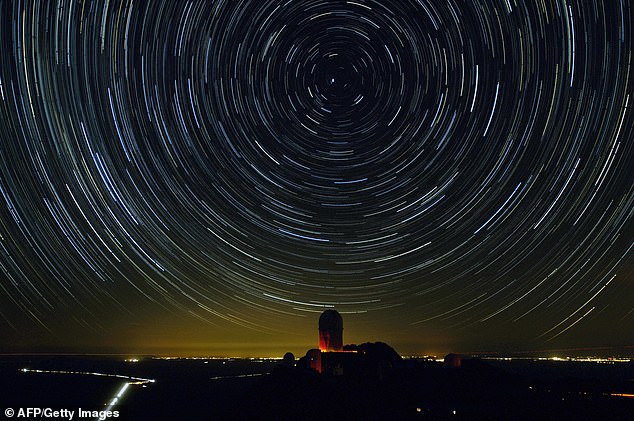
Earth’s Mysterious Faster Spin Triggers Historic Shortest Day Tomorrow
Earth’s Rotation Speeds Up, Shortening Days to Record Lows
(Featured Image: Earth’s rotation, captured via satellite imagery. Credit: Shutterstock)
Scientists warn that tomorrow, July 22, 2024, could break records as the shortest day in history—just weeks after Earth’s spin already accelerated earlier this month. On July 9, the planet completed a full rotation 1.3 milliseconds faster than the standard 24 hours, followed by July 10 at 1.36 milliseconds shorter, according to atomic clock data.
What’s Happening?
Earth’s rotation is measured as “Length of Day” (LOD)—the exact time it takes to spin once on its axis, typically 86,400 seconds (24 hours). While imperceptibly small, these millisecond shifts matter for technologies like GPS, satellites, and timekeeping systems. NASA suggests the recent acceleration may result from the moon’s gravitational pull entering an “orbital sweet spot,” counteracting its usual slowing effect.
(Image: Earth and moon gravitational interaction. Credit: NASA)
Why Is Earth Spinning Faster?
Multiple factors influence Earth’s spin:
- Lunar gravity: The moon’s position relative to Earth’s equator affects tidal forces. On July 22 and August 5, its pull on Earth’s poles may further boost rotation speed.
- Climate changes: Melting glaciers redistribute water mass.
- Geological shifts: Movements in Earth’s molten core and weakening magnetic field.
Previously, the moon’s retreat from Earth (about 1.5 inches yearly) gradually lengthened days. However, since 2020, scientists observed unexpected acceleration spikes.
Impacts: The Need for a Negative Leap Second
If trends continue, a negative leap second—removing one second from global clocks—may be required by 2029. While rare, such adjustments ensure synchronization between atomic time (UTC) and Earth’s rotation. The International Earth Rotation Service (IERS) confirmed no leap second will be added in 2025, despite recent fluctuations.
(Image: Atomic clock measuring precise time. Credit: Getty)
A History of Shorter Days
- 2020: July 19 shortened by 1.47 milliseconds.
- 2022: June 30 set a record at 1.59 milliseconds faster.
- 2024: July 5 became the fastest day yet at 1.66 milliseconds shorter.
While 2023 saw slower rotation, 2024 has broken records multiple times, hinting at ongoing irregularities. Researchers use historical data and models to predict these shifts, but the exact cause remains partly unresolved.
The Big Picture
Though milliseconds seem trivial, they highlight Earth’s dynamic systems. As scientists monitor these changes, the balance between celestial mechanics and planetary processes continues to reshape our understanding of time itself.
Sources: NASA, University of Wisconsin-Madison, International Earth Rotation and Reference Systems Service


